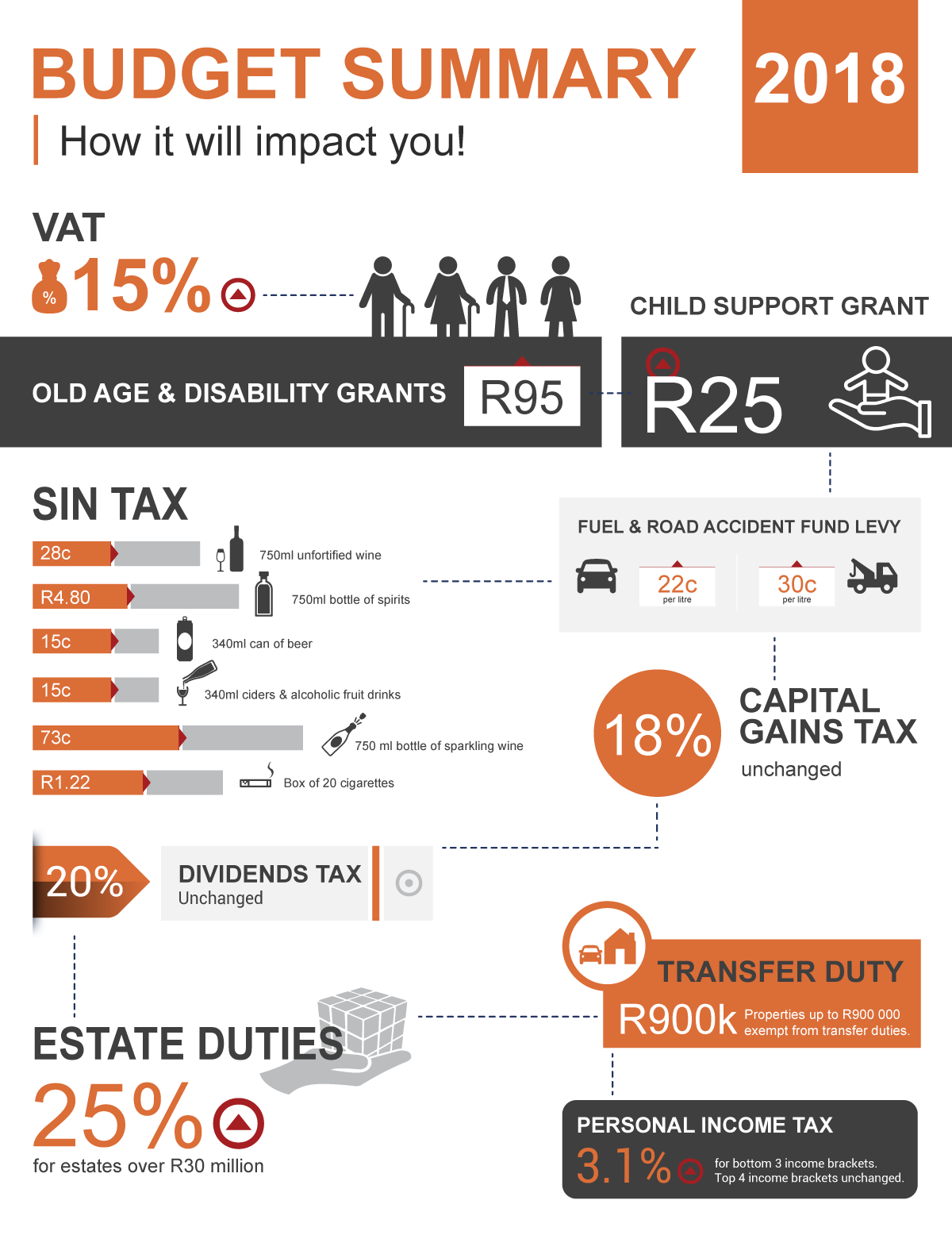Antenuptial contracts: Can I get one after marriage?
Couples who are interested in an antenuptial contract often make the decision to get one before they are married. That is the ideal scenario. However, some couples may have already gotten married in community of property, and later decide to change to another form of marriage contract.
Can it be done?
The Matrimonial Property Act allows a husband and wife to apply jointly to court for leave to change the matrimonial property system which applies to their marriage.
- According to South African law, the parties who wish to become married out of community of property must enter into an antenuptial contract prior to the marriage ceremony being concluded.
- If they fail to do so then they are automatically married in community of property. Of course, many people are unaware of this provision and should be able to satisfy the court that it should change their matrimonial property system if it was their express intention that they intended to be married out of community of property.
What are the requirements?
In order for the parties to change their matrimonial property system, the act mentions the following requirements:
- There must be sound reasonsfor the proposed change.
- The Act requires that notice of the parties’ intention to change their matrimonial property regime must be given to the Registrar of Deeds, must be published in the Government Gazette and two local newspapers at least two weeks prior to the date on which the application will be heard and must be given by certified post to all the known creditors of the spouses.
- The court must be satisfied that no other person will be prejudiced by the proposed change. The court must be satisfied that the rights of creditors of the parties must be preserved in the proposed contract so the application must contain sufficient information about the parties’ assets and liabilities to enable the court to ascertain whether or not there are sound reasons for the proposed change and whether or not any particular person will be prejudiced by the change.
What is the downside?
The downside is that the application is expensive because you and your spouse have to apply to the High Court on notice to the Registrar of Deeds and all known creditors, to be granted leave to sign a Notarial Contract having the effect of a postnuptial contract. You must also have solid grounds for wanting to switch to an antenuptial contract. Therefore, it’s not something you can do on a whim.
References:
- The Matrimonial Property Act 88 OF 1984
This article is a general information sheet and should not be used or relied on as legal or other professional advice. No liability can be accepted for any errors or omissions nor for any loss or damage arising from reliance upon any information herein. Always contact your legal adviser for specific and detailed advice. Errors and omissions excepted (E&OE)

